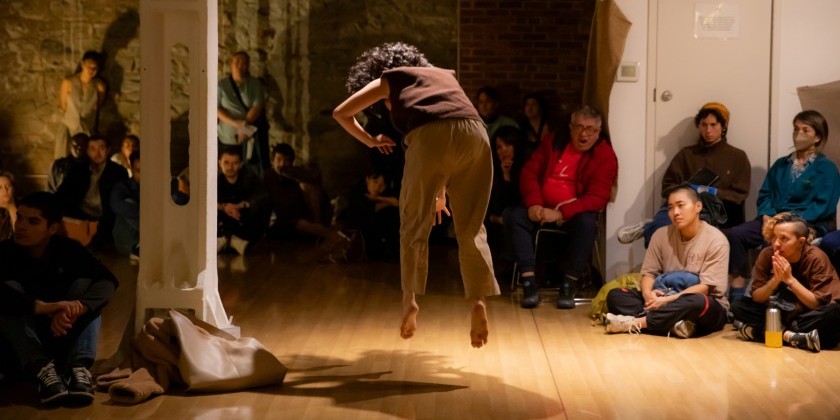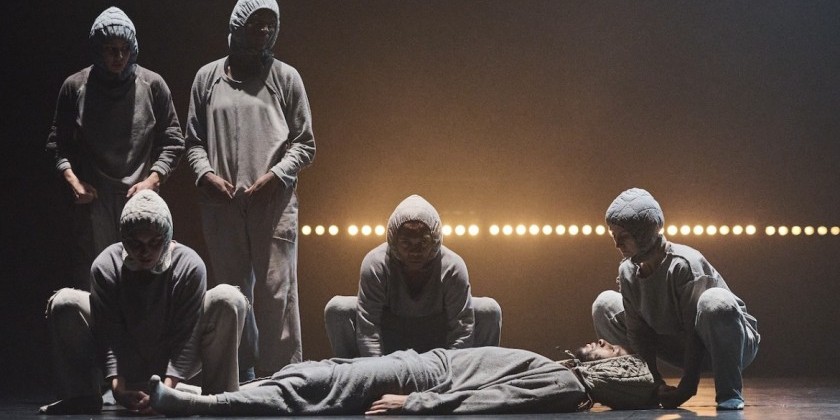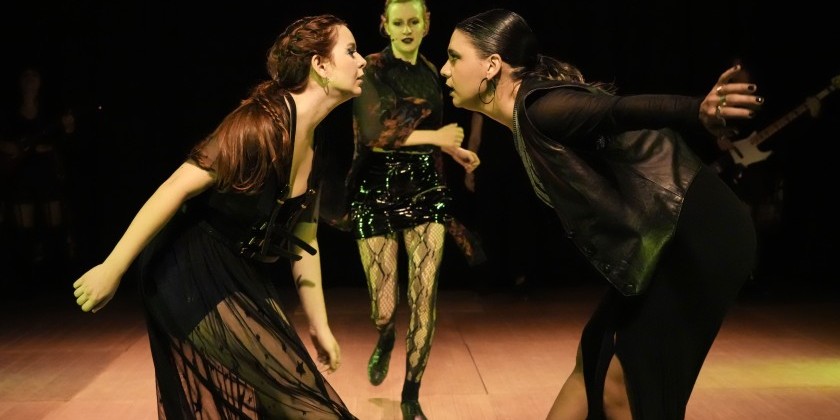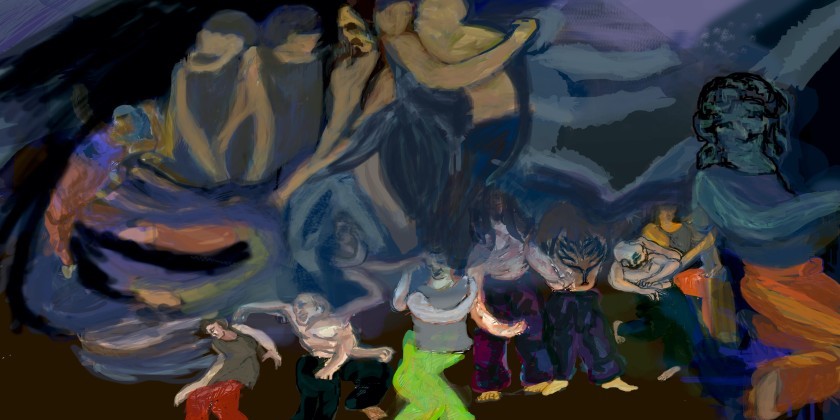AUDIENCE REVIEW: NYCB Robbins+Peck

Company:
New York City Ballet
Performance Date:
October 11th, 2019
Freeform Review:
On October 11th, I got the privilege of seeing New York City Ballet. Two works were performed, the first choreographed by Jerome Robbins in 1969, and the second by Justin Peck in 2014.
The first piece by Jerome Robbins titled “Dances at a Gathering,” was a compilation of several duets, trios, and solos that created a unified community of ten unique dancers. The ballet was accompanied by Susan Walters on the piano who played several pieces byChopin. Her presence added intimacy to the performance that was satisfying to every music lover watching. I thought Lauren Lovette’s performance was particularly virtuosic and immediately grasped my attention among all the dancing on stage. Her emphasis on the completion of every movement in phrases combined with her lovely lines created a beautiful visual. Another moment that struck me was the pas de deux showcasing Indiana Woodward that I would describe as lighthearted and whimsical. It had clear influence in both quality and movement from works like Balanchine’s own “Tarantella”. Furthermore, the playful gestures and interactions between the dancers was reminiscent to that of the ballet “Flower Festival.” This makes it evident, however, that such choreography has been presented to specific audiences time and time again. The piece concluded with the dancers seemingly becoming self- aware that they were being watched as they gazed at the audience and reflected on all they had just done. However, it seemed as if they did not mind being observed. In the final moments before the curtain closed, they looked around in satisfaction, beholding the community they had created amongst themselves.
The second piece choreographed by Justin Peck and titled, “Everywhere We Go” could be described in one word: exuberant. What impressed me most about the work was its incredible use of port de bras that was both dynamic and athletic. The sheer force of the arms in connection to the body was almost fatiguing to watch, let alone to endure first hand. The blue and white striped costumes accompanied with a red belt embodied the true exciting essence of the piece while still feeling fitting and familiar to the dancers that wore them. I think Peck’s greatest success in this work was his use of repetition. As the piece traveled through a series of different energies, conflicts, and resolutions, there is a hint of familiarity in movement that creeps up on the audience. This familiarity becomes evident as the finale of the piece rehashes all we had seen previously but with an increase in tempo. To see the reiteration of the piece in a shortened and more dynamic approach was exciting and left me on the edge of my seat until the very last bow.











